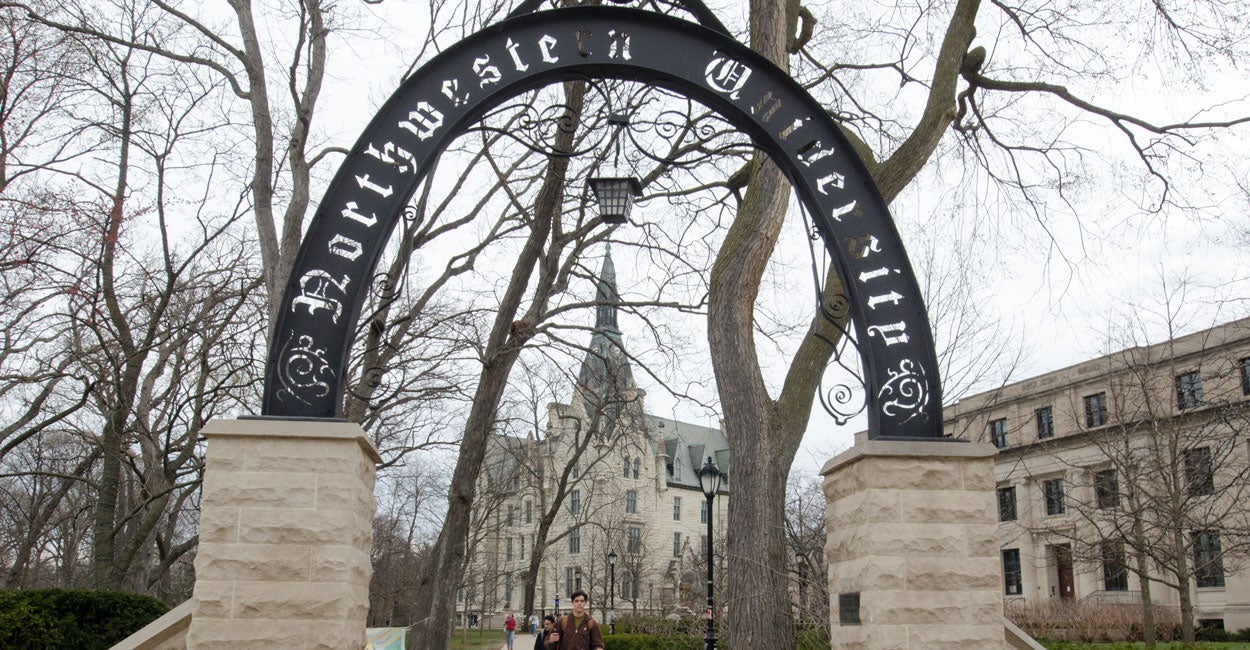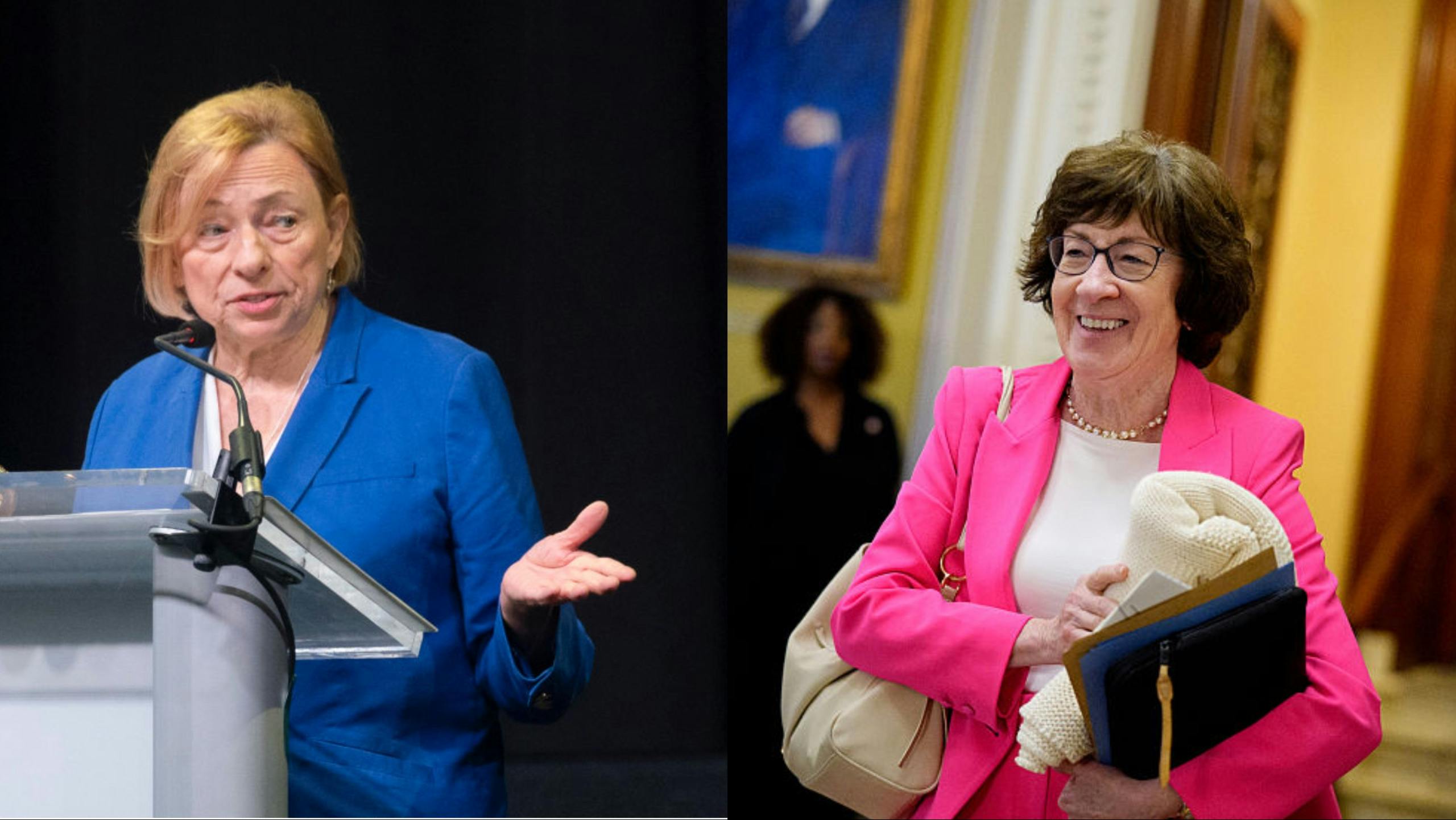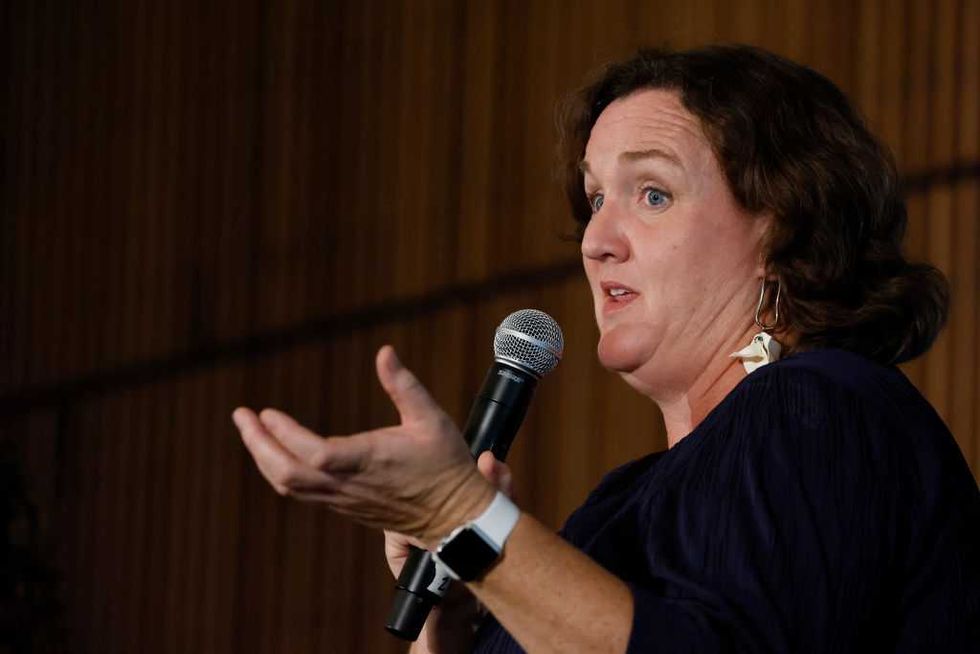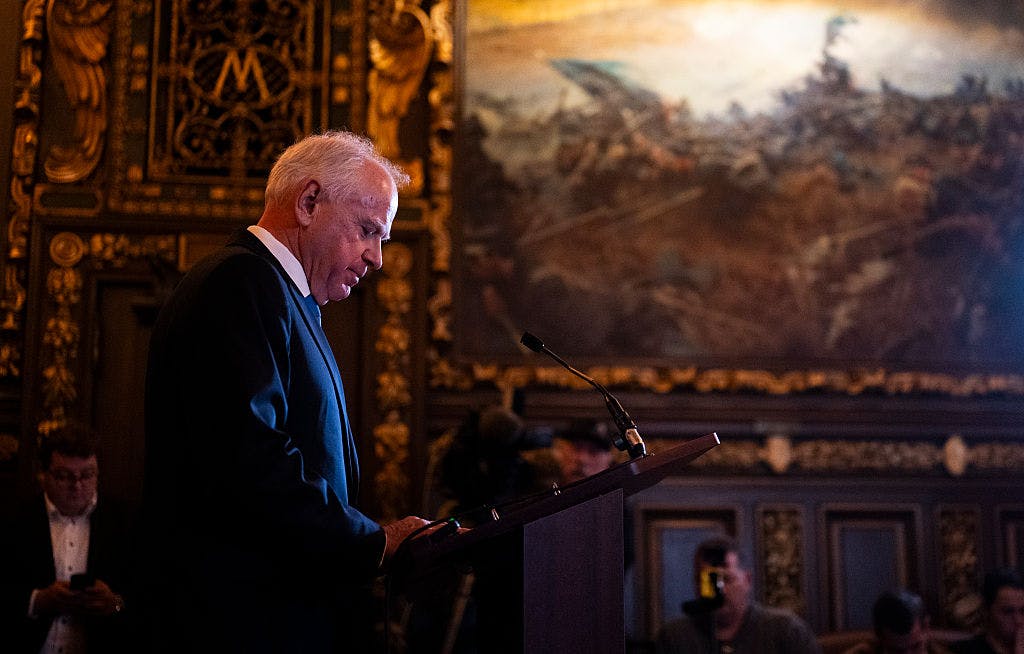Cost of Conformity: 88% of Students Feel Compelled to Adopt Liberal-Left Facade, Study Finds

In today’s hyperpolarized academic landscape, college students face an unspoken ultimatum: Conform or be cast out.
Live Your Best Retirement
Fun • Funds • Fitness • Freedom
New research by Forest Romm and Kevin Waldman, conducted between 2023 and 2025 at Northwestern University and the University of Michigan, reveals a chilling reality: Students are hiding their true beliefs to navigate the social and academic minefield of ideological conformity.
Based on confidential interviews with 1,452 undergraduates, the study uncovers a pervasive culture of self-censorship driven by fear of social ostracism and academic penalty. As the researchers starkly note, “We were not studying politics—we were studying development.”
Yet, what they found is a generation “not maturing,” but merely “managing.”
The data says it all. When asked, “Have you ever pretended to hold more progressive views than you truly endorse to succeed socially or academically?” an overwhelming 88% of students said yes. Eighty-eight percent!
This isn’t just peer pressure; it’s a systemic demand for performative morality. “These students were not cynical, but adaptive,” Romm and Waldman explained, adding:
In a campus environment where grades, leadership, and peer belonging often hinge on fluency in performative morality, young adults quickly learn to rehearse what is safe.
The result is not conviction, but compliance. And beneath that compliance, something vital is lost.
And this loss is profound. The researchers argued that ideological conformity stifles authenticity, a quality “once considered a psychological good,” but now “a social liability.” Students, they say, “learn to compartmentalize. Publicly, they conform; privately, they question—often in isolation.” This dissonance fractures identity and halts personal growth, as students trade genuine self-discovery for survival.
So, within the classroom, what does this look like? According to the research, 78% self-censor on gender identity, 77% on politics, and 68% on family values. Alarmingly, 80% admit to submitting classwork that misrepresents their beliefs to align with professors’ expectations—a practice so ingrained it’s become “second nature” for many.
And unfortunately, this “fragmentation doesn’t end at the classroom door.” Some 73% of respondents confessed they don’t even trust having “conversations about these values with close friends,” adding: “Nearly half said they routinely conceal beliefs in intimate relationships for fear of ideological fallout.”
The authors described this as “identity regulation at scale, and it is being institutionalized.”
Gender ideology emerges as a flashpoint. Despite the cultural push for nonbinary frameworks, 87% of students identify as exclusively heterosexual and support a binary model of gender. Only 7% embrace gender as a spectrum, mostly within activist circles. Notably, 77% disagree with prioritizing gender identity over biological sex in areas like sports or health care—but they “would never voice that disagreement aloud.”
A troubling 38% describe themselves as “morally confused,” unsure if honesty is ethical if it risks exclusion.
Students are being “trained to perform,” they argued, causing “the act of telling the truth [to feel] radical.” Romm and Waldman said they don’t blame the students for this. “We fault the faculty, administrators, and institutional leaders who built a system that rewards moral theater while punishing inquiry.”
The result? A generation “confident in self-righteousness, but uncertain in self,” robbed of the open dialogue that defines true education.
Many reactions to this report are what you’d hope to see. One professor shared on the social media platform X, “If the number’s actually right, this is the most damning thing I’ve ever read about higher ed. I don’t usually say this, but this level of coerced mendacity is ‘tear it down and start over’-level bad.”
Nancy Pearcy, a conservative Christian author and professor at Houston Christian University, also commented: “Being pressured or coerced to affirm views you do not really hold creates an internal crisis of integrity—what psychologists call a ‘moral injury.’” Many others who have voiced their concerns have stated that what we’re witnessing is “a brainwashing tactic” and “mandated fakery.”
These are appropriate reactions, if you ask me, because this crisis undermines the very essence of higher learning, where young minds should converge to exchange ideas through rigorous study and open dialogue. Yet, in our current era, there’s a striking contradiction within the movement that claims to champion “be true to yourself.” And what is it? That if your beliefs diverge from theirs, the mantra evaporates.
Research confirms what many students have experienced firsthand: The push for self-expression is selective. “Love yourself” only applies until your views challenge their worldview. I’ve lived this reality, and countless others, I’m certain, feel the same sting of this hypocrisy.
These findings are not unique to Romm and Waldman’s research. As The College Fix pointed out, “Other researchers have found similarly high reports of self-censorship—including among young adults after college graduation. Some professors admit they self-censor to avoid controversy, too.”
But Romm and Waldman are correct: This is simply “not sustainable.” And what’s more, it’s not just about students.
As human beings created in the image of God, we are designed for authentic engagement—meaningful conversations and actions that reflect our purpose. And for Christians, our calling is explicit: “Do not be conformed to this world, but be transformed by the renewal of your mind, that by testing you may discern what is the will of God, what is good and acceptable and perfect” (Romans 12:2).
We were never meant to blend into secular culture, adopting its standards to avoid conflict. On the contrary, we’re called to be “the light of the world,” and “a city set on a hill cannot be hidden” (Matthew 5:14).
Some of the students in Romm and Waldman’s study may identify as Christians, yet they feel compelled to compromise their convictions to conform to secular pressures. A compromise, whether in words or actions, is still a compromise. If we hold a conviction, our lives must reflect it—otherwise, why claim to care about it at all? Jesus didn’t issue commands to be followed at our convenience. His higher standard is meant to shape our lives for our ultimate good.
If this isn’t persuasive enough, then consider this: pretending we believe something we don’t believe? Bowing down to an ideology for the sake of getting a good grade? This plays directly into the hands of those pushing progressive agendas. Look at the cultural battles around us—men invading women’s spaces, children facing life-altering surgeries, or schools saturated with ideological propaganda. These issues persist because conceding an inch leads them to demanding the whole lot. The progressive movement doesn’t seek mere acceptance. It demands that its worldview become the universal standard.
Every time we stay silent as a Pride flag hangs in a classroom, every time we stay silent when a child is pushed toward the conveyor belt of transgenderism, and every time we ignore students being pressured by educators to adopt progressive views, we are failing. We are failing our children, our students, and the future of our society. Most importantly, we’re failing our calling to stand firm in and for truth.
Please forgive me if this has come across as a rebuke or a lecture. However, I must ask: What stirs in your heart when you encounter research like this? Does it unsettle you? Does it ignite a fire to take action? I pray it does. Complacency changes nothing. If we long for transformation—in our nation, our communities, and the lives of those around us—then you, I, and every person clothed in Christ’s righteousness must rise and act. May we be known as a people who love this country, cherish its inhabitants, and champion the triumph of truth above all.
Perhaps more important, may we never be known as people who back down in the face of adversity.
Originally published by The Washington Stand
We publish a variety of perspectives. Nothing written here is to be construed as representing the views of The Daily Signal.
The post Cost of Conformity: 88% of Students Feel Compelled to Adopt Liberal-Left Facade, Study Finds appeared first on The Daily Signal.
Originally Published at Daily Wire, Daily Signal, or The Blaze
What's Your Reaction?
 Like
0
Like
0
 Dislike
0
Dislike
0
 Love
0
Love
0
 Funny
0
Funny
0
 Angry
0
Angry
0
 Sad
0
Sad
0
 Wow
0
Wow
0






































































